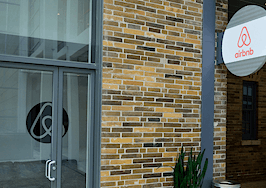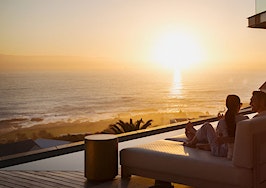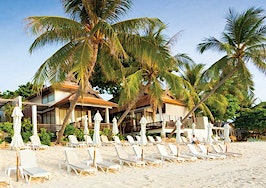Home sharing behemoth Airbnb plans to further branch out of vacation rentals and will begin designing homes as part of a new initiative dubbed “Backyard.”
The company announced Backyard Thursday, describing it as “an endeavor to design and prototype new ways of building and sharing homes,” according to Fast Company, which first reported the news. Airbnb reportedly plans to distribute its first prototype buildings in 2019.
The company did not immediately respond to Inman’s request for comment Thursday.
The new building design program comes from a division at Airbnb known as Samara, which was created to develop new projects for the company. It could end up producing pre-fabricated buildings, experimenting with green materials, and even dip into multiunit complexes, according to Fast Company.
The project could also reportedly produce small homes that fit in backyards, known as accessory dwelling units, mother-in-law apartments, or granny flats. Such units have become a popular housing solution in cities such as Los Angeles and Denver, where costs have exploded but many neighborhoods remain dominated by single family homes. The units are widely seen as a way to increase a home’s value and generate some rental income.
Airbnb’s program has broader objectives as well and the company’s units may have shareable and adaptable aspects, Fast Company reported, though specific details on the designs have not been released.

Joe Gebbia
“Backyard investigates how buildings could utilize sophisticated manufacturing techniques, smart-home technologies, and gains vast insight from the Airbnb community to thoughtfully respond to changing owner or occupant needs over time,” Joe Gebbia, Airbnb’s cofounder and chief product officer, told Fast Company. “Backyard isn’t a house, it’s an initiative to rethink the home. Homes are complex, and we’re taking a broad approach — not just designing one thing, but a system that can do many things.”
The first building designed under Airbnb’s Samara division was unveiled in 2016 and could offer hints at what may come from Backyard. Known as the Yoshino Cedar House, the project was created in collaboration with Tokyo architect Go Hasegawa and is billed as a “hybrid community space and homestay, designed to be a shared experience for guests and local residents alike.”
If Backyard succeeds, it won’t be the first time Airbnb disrupts the housing market; the company has expanded so quickly that it has prompted frustration from some locals and a wave of interest in regulation. Among other things, Airbnb is also partnering with a Florida-based development company to open apartments for tenants who want to sublet their units as short-term rentals.
Airbnb has not said how much its new units from Backyard might cost, but Gebbia indicated he wanted the project to become impactful in the same way its parent company has.
“We’re optimizing for Backyard’s potential,” he told Fast Company. “We’re interested in thoughtfully exploring the opportunity and doing something transformative, similar to how Airbnb did when it started.”












